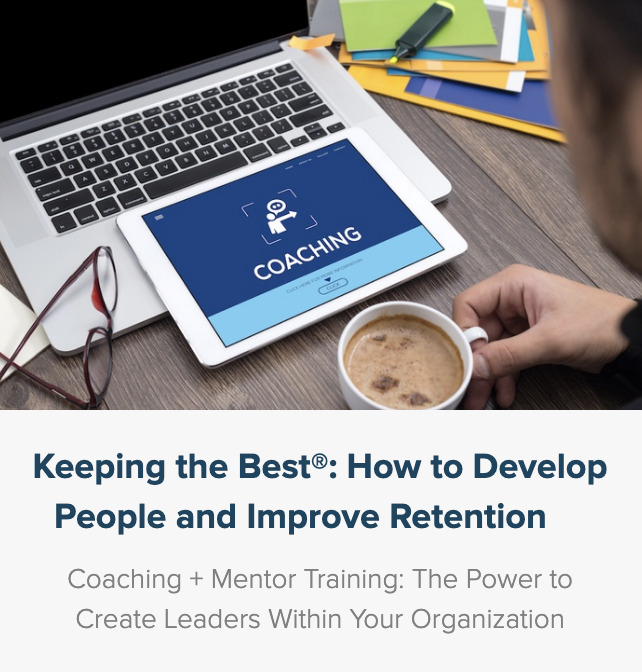1) Traditionally most EMS providers become leaders by default, not by design. They're often stuck with one tool in their tool box and it's not sufficient for dealing with all situations.
2) Most organizations consider investing in developing a leader when they've stepped into the position, and it's often too little too late. Imagine developing a bench of leaders before they are thrust into a leadership position. Give them the tools to effectively innovate, create, have compassion & skills in communications.
3) We recommend learning more about Emotional Intelligence (or EQ), as a researched and effective foundation for training your leaders.
Annually we host the EMS Leadership Summit, be sure to register and keep an eye out for it! We have expert interviews from around the globe. www.EMSLeadershipSummit.com
Welcome to our EMS leadership, Q and a. And today's question is a great one. Why is great EMS leadership? So rare. This is a really big question that we're going to try to answer pretty succinctly. This was a four hour conversation that we're going to do it in less than four minutes. I think the biggest thing is that there's a misunderstanding about leadership.
For most people. They have a default or what we call an inherited idea about what leadership is and what it isn't. And even, you know, what constitutes great leadership is, is debatable. And w w we really see leadership as something that you can create that it's an ongoing creation that it's ever expanding. It's not a, it's not like, Oh,
I'm a leader now. No, you're constantly have the ability to create yourself as a leader and ask yourself the question, what kind of leader do I want to be? And how do, how can I continue to expand my capacity? And then the second thing I think that is, is a part of the problem is that the system doesn't invest in leadership in not just EMS system,
but we're talking about EMS here that there's not an, a real investment in leadership development. That there's an investment in developing other skills, but not so much in E in investing, in being an effective leader. And if they do have an investment in that, it's only usually for people who are already in leadership roles. And frankly, I think it's too little too late because there's so much to do.
There's so many tasks that you're are responsible for when you're a leader that, Oh, now I have to work on myself too. So I think that an earlier investment in people's leadership development, as they enter your organization, that it should be part of your process of onboarding people is, is engaging them in their own leadership development. I would completely agree.
And you, and I often say leadership is so much more than a position, right? And I think most organizations see it purely as a position and not the bench of people that they're building or that they're investing in developing in the future leaders. Because like you said too little too late, by the time they're in a leadership role, maybe they've got that one tool in their toolbox,
and that's all they've been using to bulldoze through certain situations. And we want to give them tools to deal with multiple situations. And I think it leads into this last part. And I'll bring up a slide here talking about emotional intelligence. This is a, a really scientifically studied framework for how, how to be a really great leader and build the capacity of yourself as a leader in the first two tenants of this are emotional self-awareness and self-management or self-control.
And as you're looking into this it's who wouldn't want to be around the leader that has emotional self-control, that is achievement oriented has a positive outlook, people that are socially aware and focused on building relationships, empathy, having the ability to have coaches and mentors, teamwork, B having that inspirational, that resonant leader leadership style. So this is a, this is a really great framework to look into.
And obviously we can't dive into it in this short video, but one thing we just wanted to bring to all leader's attention is the, you have the ability really to study and look for more tools and in the world of emotional understand, I'm sorry, emotional intelligence. Yeah. And I think that lack of understanding of the role of emotional intelligence and leadership is why there's this feeling that,
you know, great EMS leadership is rare. And, and I think expanding our understanding of emotional intelligence and, and just seeing that connection to how well your people are doing it, you know, is, is critical for effective leadership. And as you said before, the first part of that may be most organizations are operating in leadership by default. And this is really leadership by design.
And it's a lot of what we talk about at the EMS leadership Academy. So folks want more information. They definitely should join our email list, DMS leadership academy.com, and you can join our nine 11 leadership list. And we frequently send out information about our different programs, online content. And for sure, check out the EMS leadership summit that we host annually.




